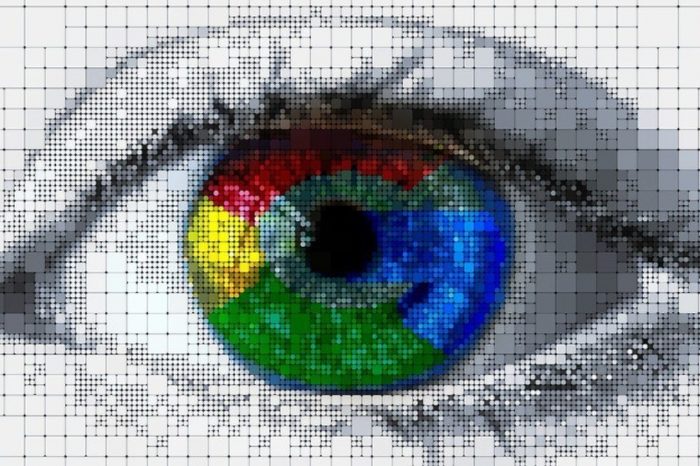Arm IPO Debut: Shares jump 25%, valuing SoftBank-owned chip designer at $65 billion, up $10 billion

After a series of setbacks, SoftBank finally had a major win. The Japanese tech giant successfully launched the long-anticipated IPO of its chip design startup, Arm. The IPO got off to a strong start, with Arm’s shares rallying nearly 25% on its first trading day, surpassing the initial price of $51 per share and valuing the company at approximately $54.5 billion.
As the market opened on Thursday, Arm’s valuation reached nearly $60 billion, and the stock began trading at $56.10 before closing the day at $63.59, significantly boosting the IPO market. As of 6:10 a.m. EST this morning, Arm’s shares were trading at slightly over $67, a valuation of over $72 billion.
Arm’s IPO is noteworthy, marking the largest initial public offering in the past two years and potentially signaling a resurgence in IPO activity. Analysts anticipate that this success could encourage other companies to go public following a two-year lull. Instacart and ad tech firm Klaviyo are among the companies expected to start trading next week.
SoftBank, acquired Arm in 2016 for $32 billion, marking the largest-ever purchase of a European technology company up to that point. Since then the company has been exploring options to reduce its Arm stake since around 2020. This became apparent when SoftBank signed a significant $40 billion deal with chipmaker Nvidia for Arm.
SoftBank’s strategic move was driven by the aim to establish a presence within the burgeoning Internet of Things (IoT) sector. Although IoT represents only a fraction of Arm’s overall business, during that time, it held significant attention in the tech world.
Furthermore, Arm’s IPO holds significance for the semiconductor industry as it is a leading chip designer with its technology integrated into numerous devices worldwide. This event highlights the industry’s resilience and continued importance in the global economy.
Earlier this year, Arm turned down a proposal from the British government to list its shares on the London Stock Exchange and opted to pursue a flotation on a U.S. exchange instead.
In 2016, SoftBank acquired Arm for $32 billion, marking the largest-ever purchase of a European technology company up to that point. SoftBank’s strategic move was driven by the aim to establish a presence within the burgeoning Internet of Things (IoT) sector. Although IoT represents only a fraction of Arm’s overall business, during that time, it held significant attention in the tech world.
Arm’s influence extends beyond just wearables and smart home devices; the company has diversified its semiconductors into various applications, including the realm of connected cars.
The Arm’s IPO is a big win for Softbank after many years of reported losses. In May, SoftBank posted a record $32 billion loss at its Vision Fund venture arm, just six months after it reported a $50 billion loss for the fiscal year that ended on March 31. In 2029, SoftBank also posted a $8.9 billion loss due to its investments in Uber and WeWork, ‘My investment judgment was poor,’ SoftBank’s Son said at the time.
Founded in 1990, Arm initially involved collaborations with Acorn Computers and Apple (then known as Apple Computer). The company made its debut on both the London Stock Exchange and Nasdaq in 1998 but was acquired by SoftBank in 2016, becoming a major player in the Internet of Things (IoT) sector and diversifying its semiconductor offerings, including applications in connected cars.
Masayoshi Son founded Softbank in September 198. The Tokyo, Japan-based SoftBank is a multinational telecommunications and internet corporation focused on broadband, fixed-line telecommunications, e-commerce, internet, technology services, finance, media, marketing, and other businesses. Softbank is the sixth-largest telephone operating company with total revenue of $74.7 billion. The company has invested in a lot of startups including Uber and money-losing WeWork.




